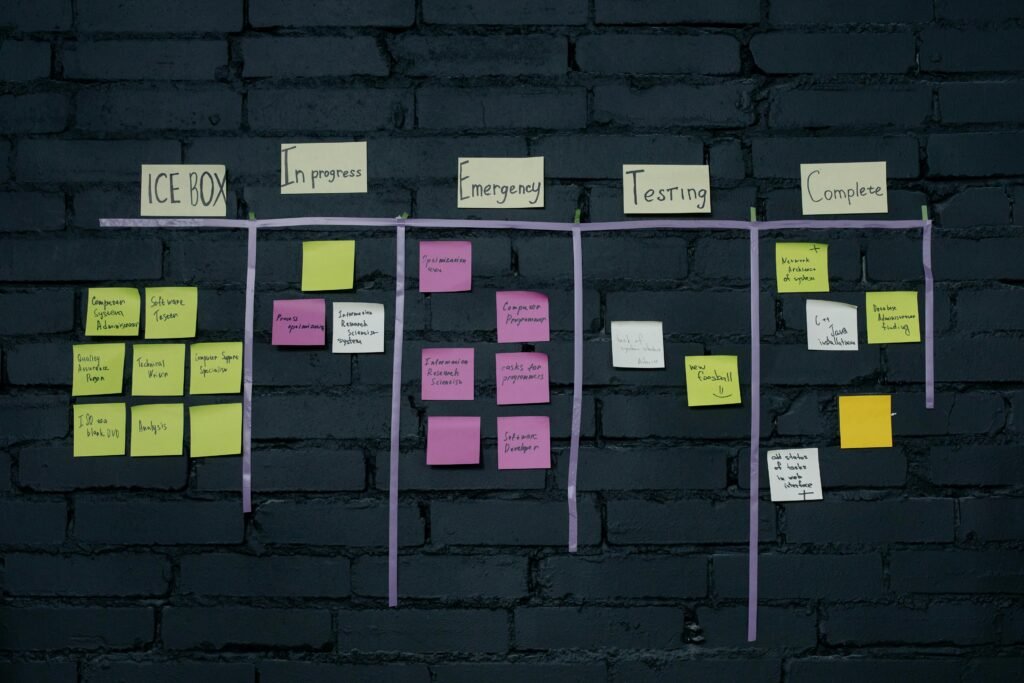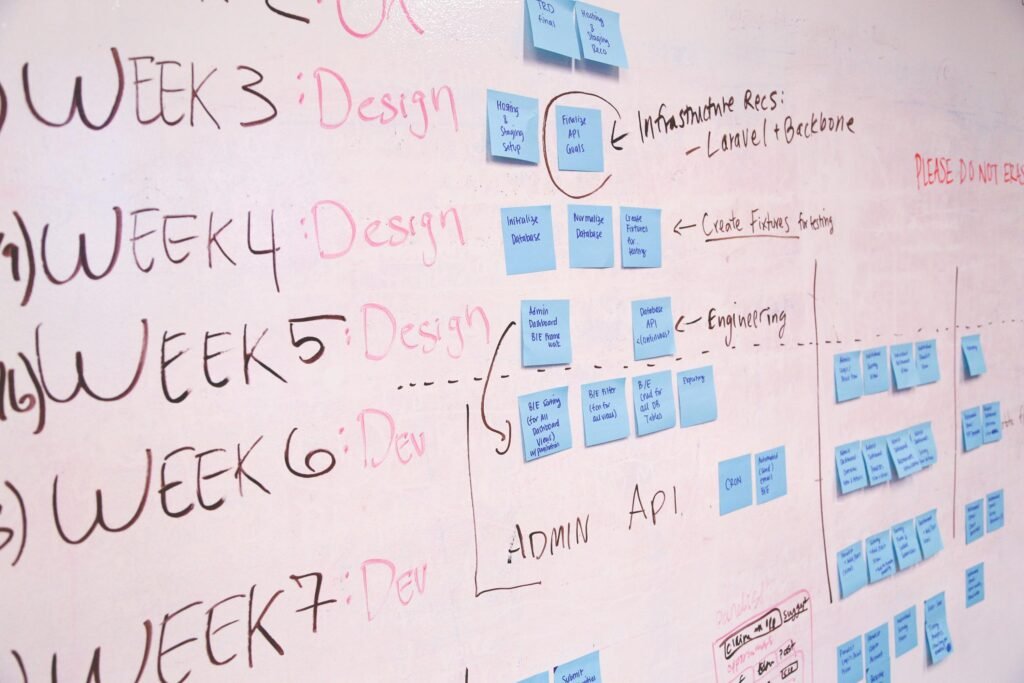As a professional composer deeply immersed in the world of music production, I recognize the paramount importance of effective project management. In the realm of music production, where creativity intertwines with technical intricacies, managing projects efficiently can spell the difference between a smooth, successful endeavor and a chaotic, disjointed process. In this comprehensive guide, I’ll delve into the nuances of music production project management, offering strategies and insights to help fellow composers, producers, and artists navigate the complexities of time, resources, and creativity to deliver outstanding results.

Understanding the Significance of Project Management in Music Production
Project management in music production encompasses the orchestration of various tasks, timelines, and resources involved in creating music, from composition and recording to mixing, mastering, and release. Here’s why effective project management is crucial:
- Time Management: With tight deadlines and multiple tasks to juggle, efficient time management ensures that projects stay on track and are completed within the allocated timeframe.
- Resource Allocation: Maximizing the use of resources, including equipment, studio space, session musicians, and budget, is essential for optimizing productivity and minimizing waste.
- Quality Control: Implementing structured processes and quality control measures helps maintain the integrity and consistency of the music throughout the production pipeline.
- Creative Direction: Balancing the demands of creative exploration with project requirements and client expectations requires careful planning and communication to ensure artistic vision is realized without compromising project goals.
Effective Strategies for Music Production Project Management
1. Establish Clear Objectives and Scope
Before diving into a project, define clear objectives, deliverables, and scope. Outline the desired outcomes, deadlines, and milestones to provide a roadmap for the entire production process. Ensure all stakeholders are aligned on project goals and expectations to minimize misunderstandings and scope creep.

2. Create Detailed Project Plans
Develop comprehensive project plans that break down the production process into manageable tasks and subtasks. Use project management tools such as Gantt charts, task lists, and timelines to organize workflow, assign responsibilities, and track progress. Regularly review and update project plans as needed to adapt to changing circumstances.
3. Allocate Resources Wisely
Optimize resource allocation by identifying critical resources and allocating them based on project priorities and constraints. Consider factors such as equipment availability, studio bookings, talent availability, and budget constraints when scheduling tasks and allocating resources. Prioritize tasks based on their impact on project goals and deadlines.
4. Foster Effective Communication
Establish open and transparent communication channels to facilitate collaboration and coordination among team members, clients, and stakeholders. Regularly communicate project updates, milestones, and changes to ensure everyone is informed and aligned. Encourage feedback and input from team members to foster a culture of collaboration and continuous improvement.
5. Embrace Flexibility and Adaptability
Music production projects are inherently dynamic and unpredictable. Embrace flexibility and adaptability to respond to changes, challenges, and opportunities as they arise. Be prepared to adjust timelines, resources, and strategies to accommodate unforeseen circumstances while staying focused on project objectives.
6. Implement Quality Assurance Processes
Implement quality assurance processes to ensure the integrity and consistency of the music throughout the production process. Perform regular checks and reviews at key stages of the project to identify and address any issues or discrepancies promptly. Solicit feedback from clients, collaborators, and stakeholders to validate project deliverables against established criteria and standards.
7. Manage Risks Proactively
Identify potential risks and uncertainties that may impact project success and develop mitigation strategies to address them proactively. Anticipate common risks such as equipment failures, scheduling conflicts, talent availability, and creative differences, and have contingency plans in place to minimize their impact on project timelines and outcomes.
8. Cultivate Creativity and Innovation
While project management involves structure and discipline, it’s essential to create space for creativity and innovation to flourish. Encourage experimentation, exploration, and artistic expression within the project framework to inspire fresh ideas and push creative boundaries. Foster a supportive and collaborative environment where team members feel empowered to contribute their unique talents and perspectives.
Conclusion
In conclusion, effective project management is essential for success in music production, enabling composers, producers, and artists to deliver high-quality music on time and within budget. By establishing clear objectives, creating detailed project plans, allocating resources wisely, fostering effective communication, embracing flexibility, implementing quality assurance processes, managing risks proactively, and cultivating creativity and innovation, music production projects can be managed efficiently and effectively from start to finish. Remember, project management is not just about logistics; it’s about empowering creativity, maximizing resources, and bringing artistic visions to life. With the right strategies and mindset, you can navigate the complexities of music production project management with confidence and achieve outstanding results that resonate with audiences worldwide.